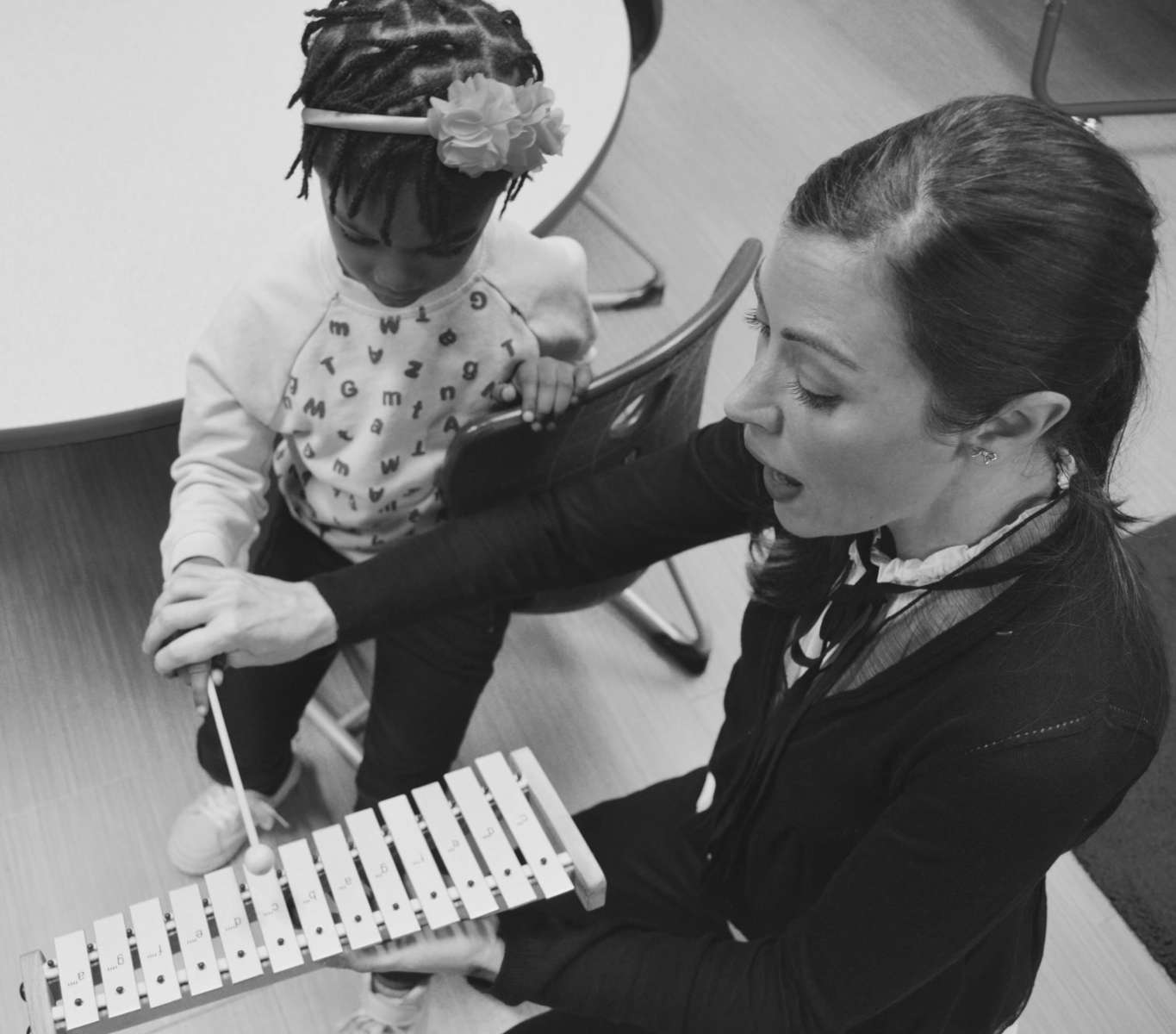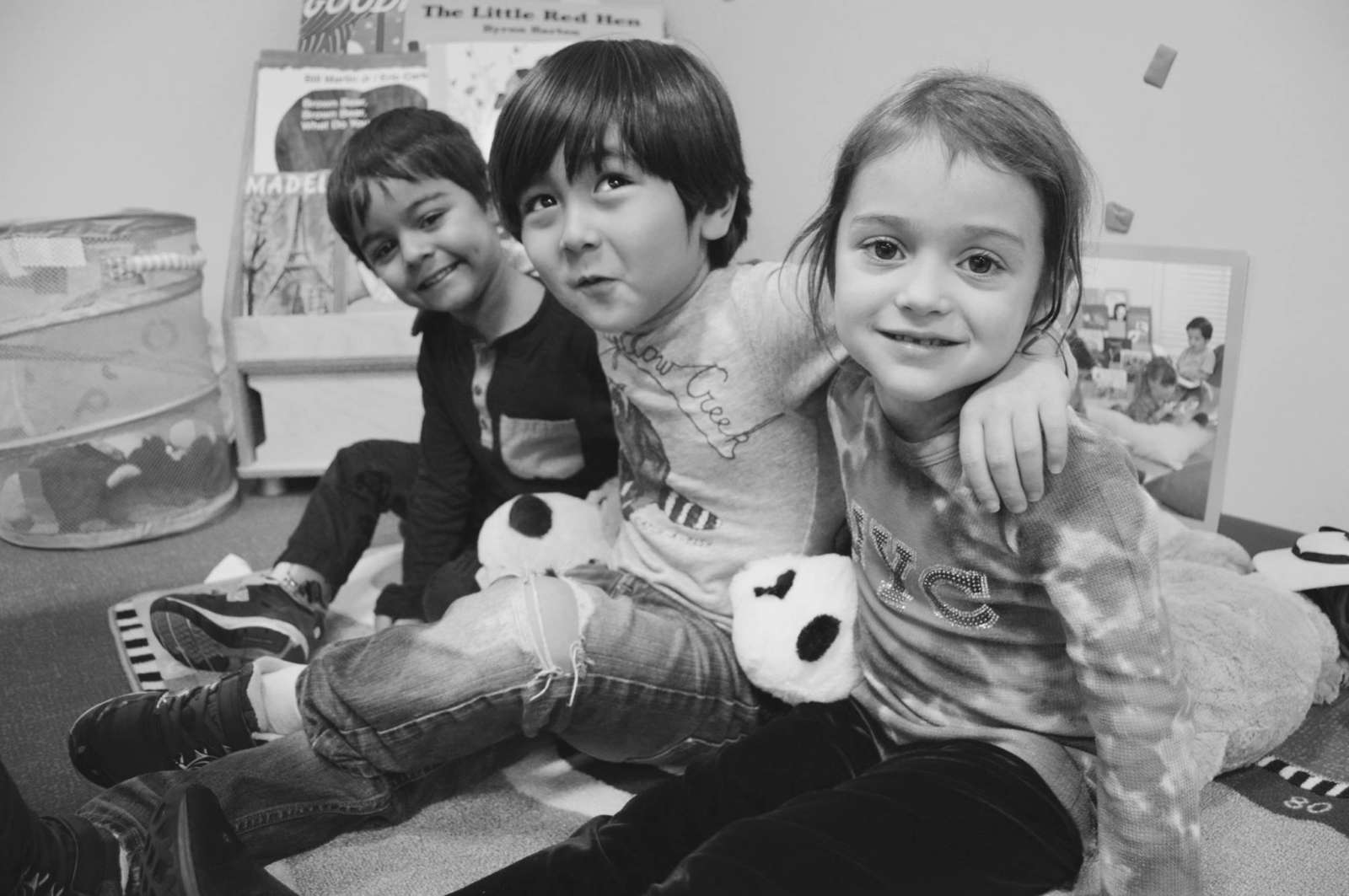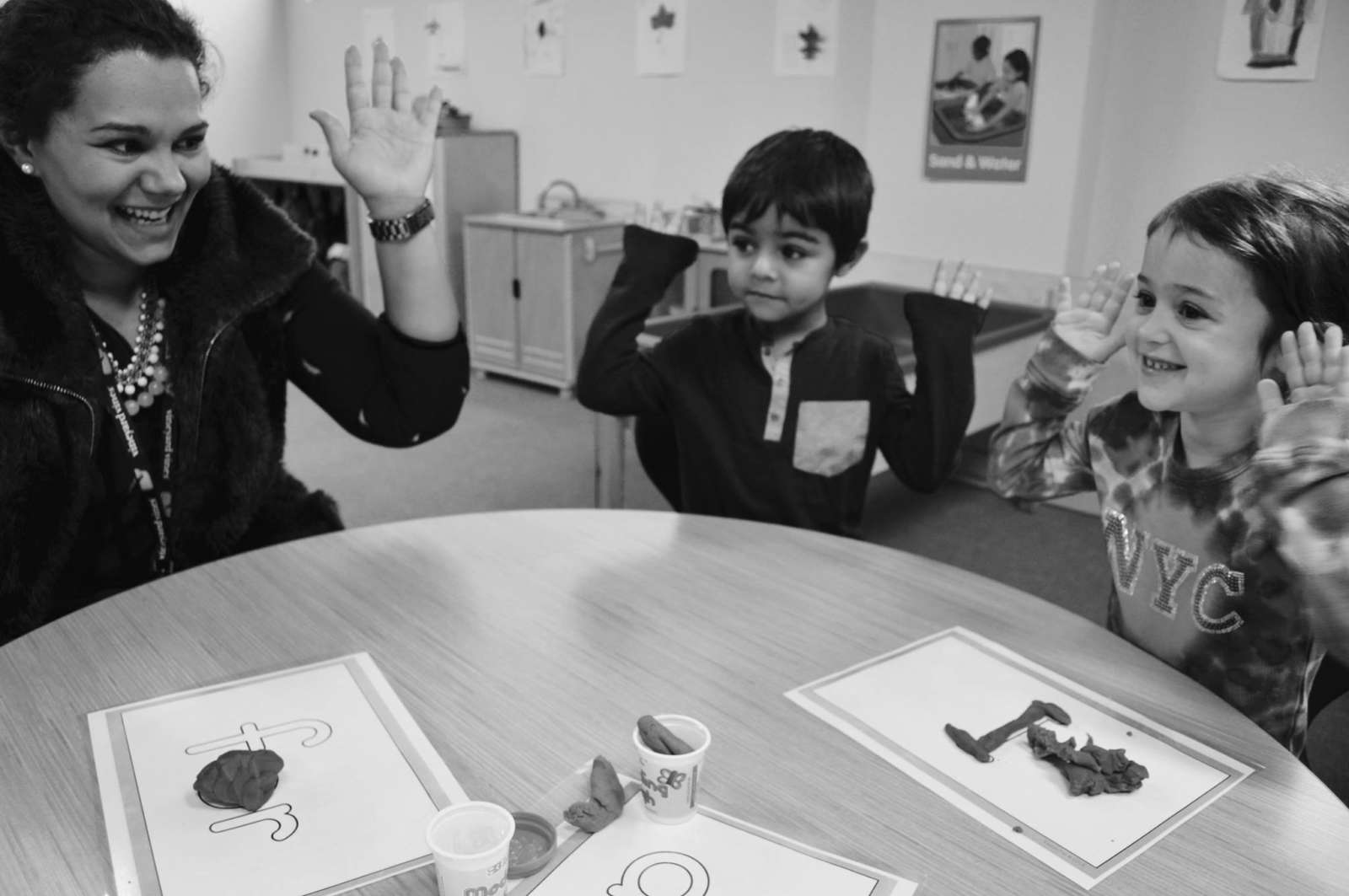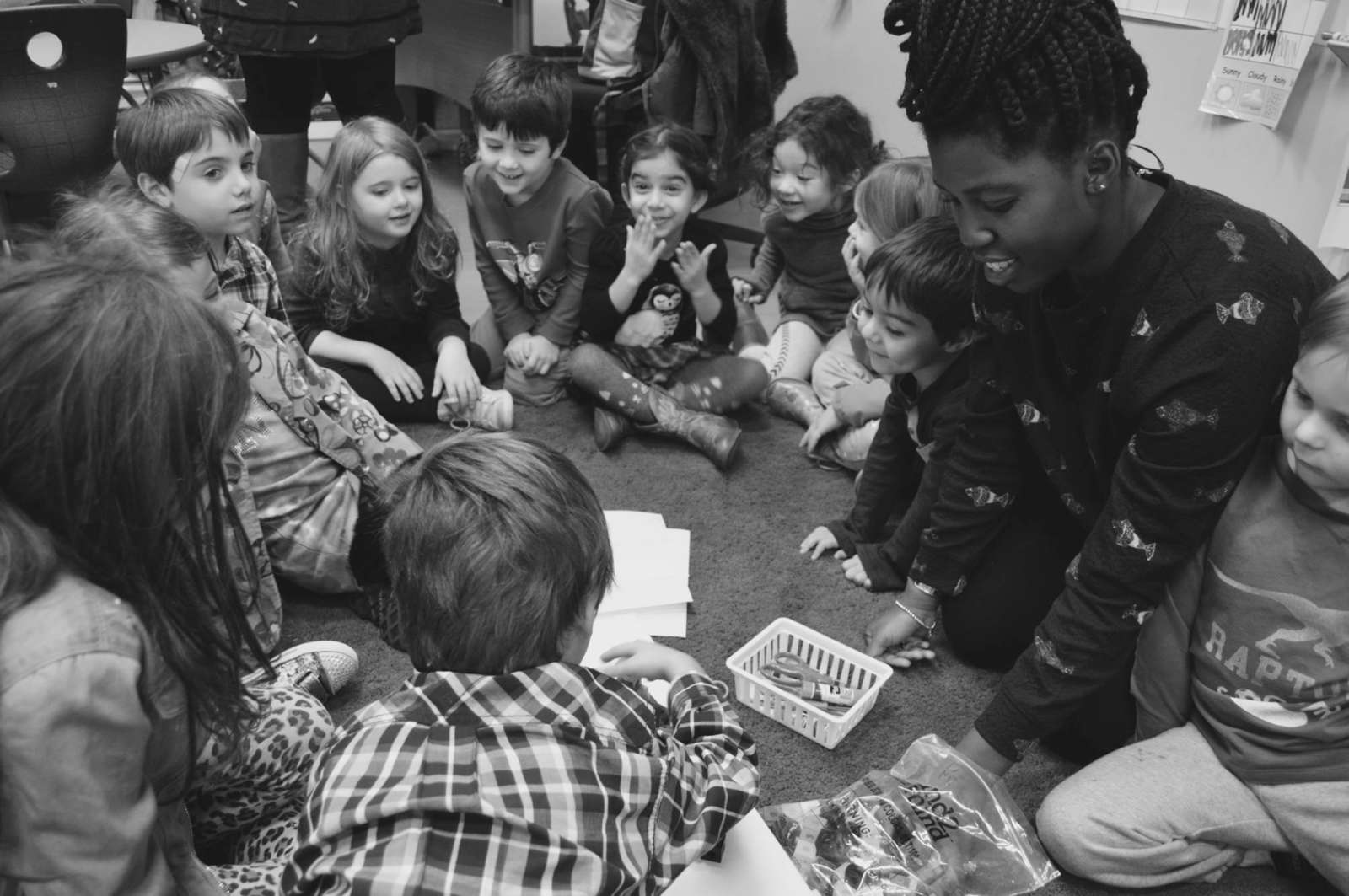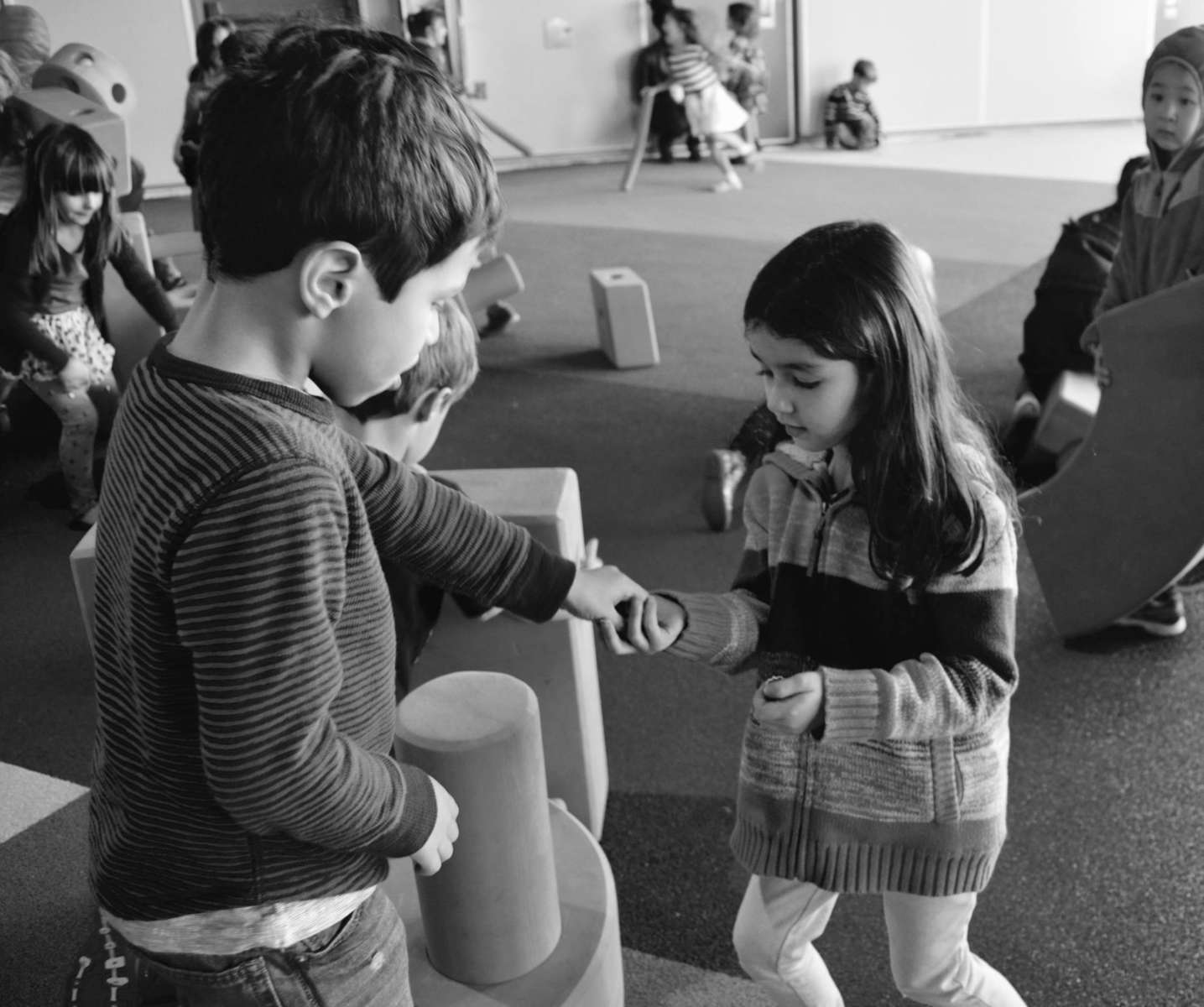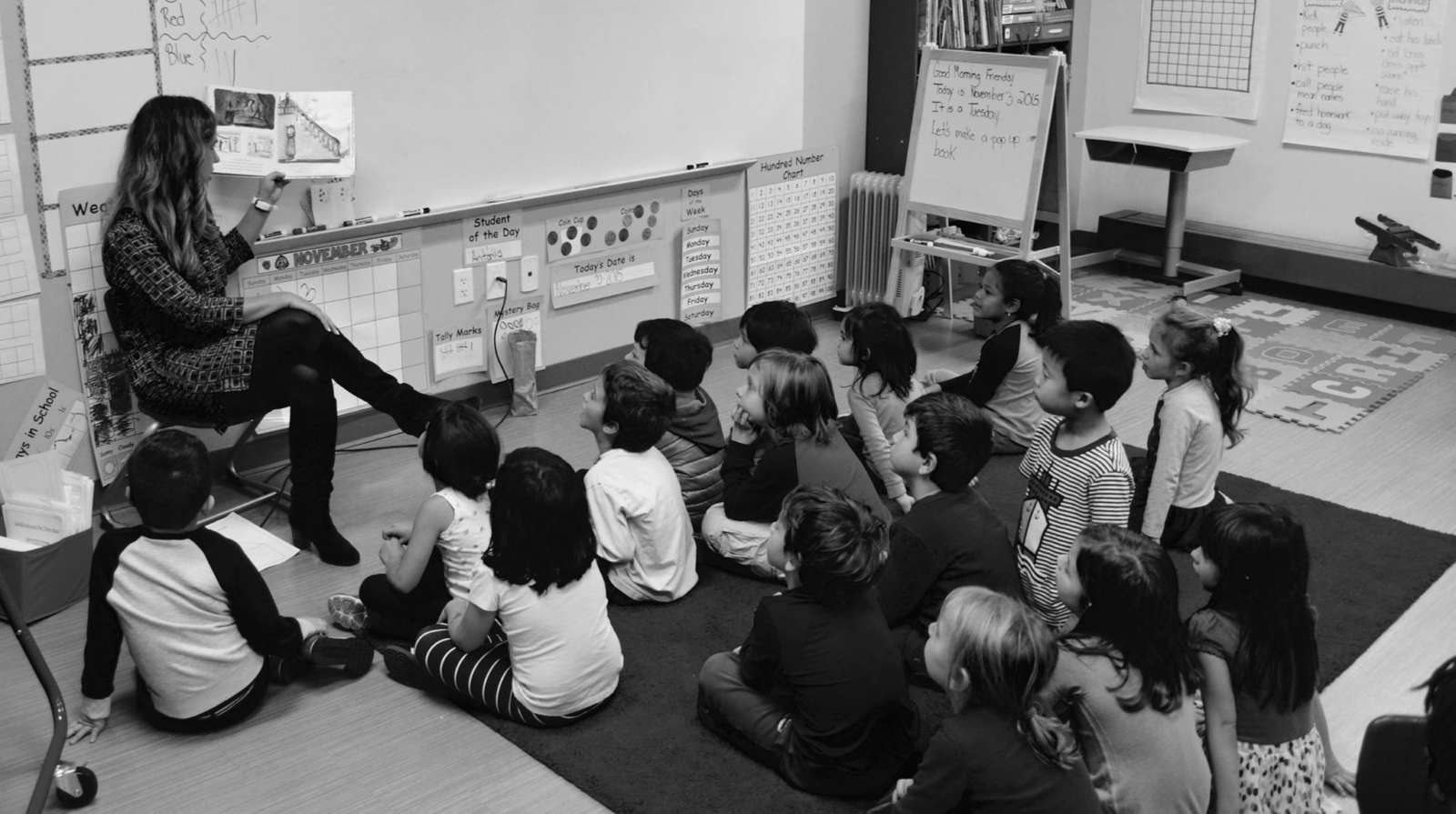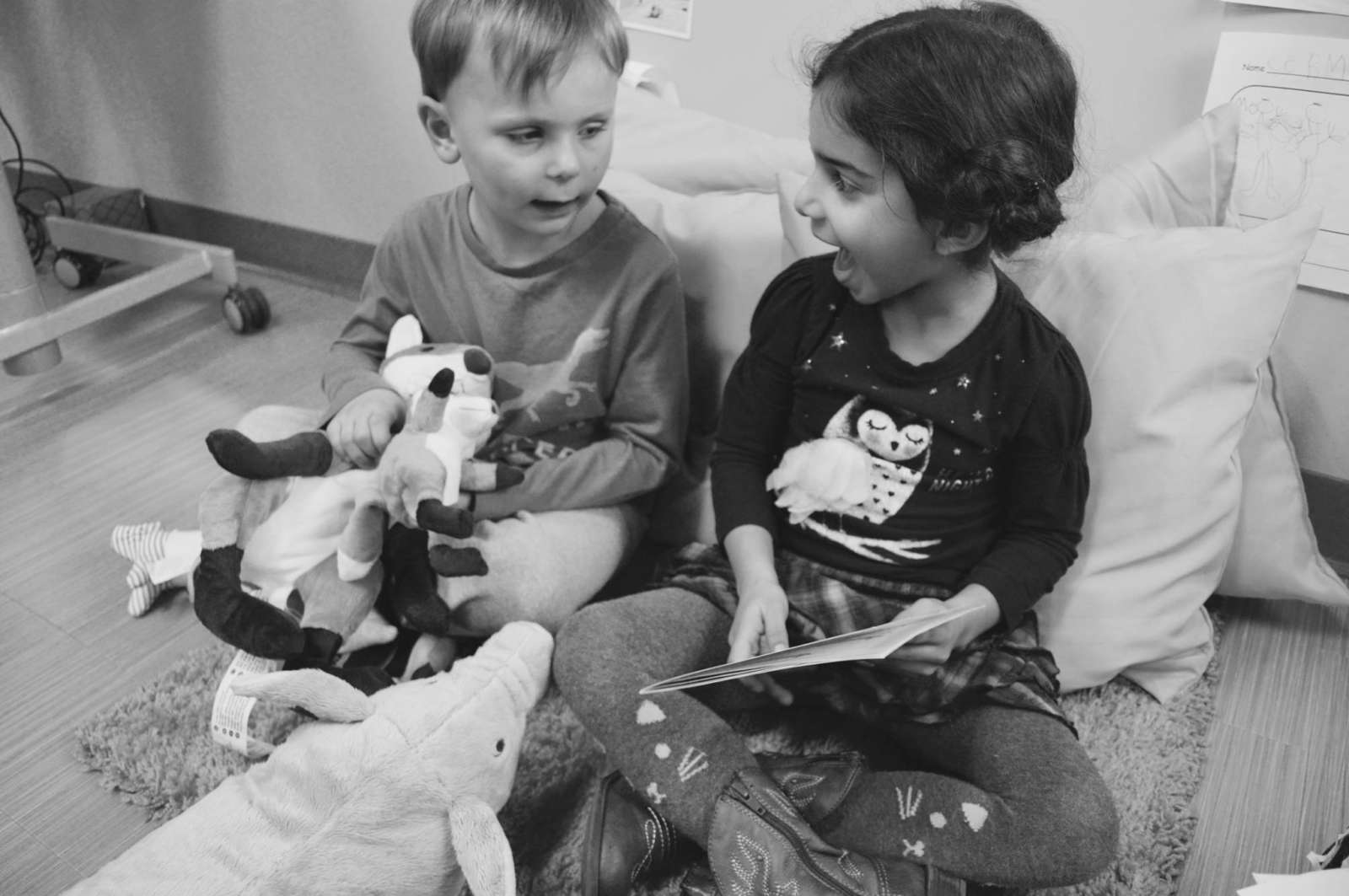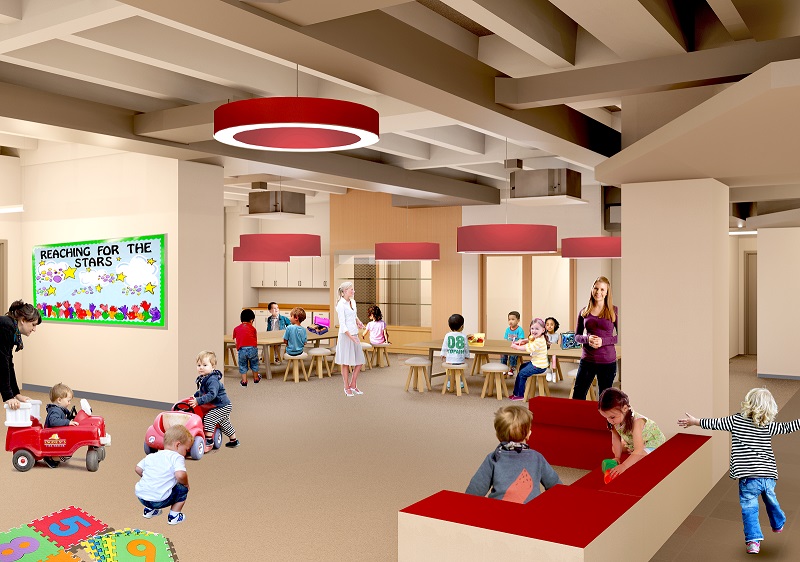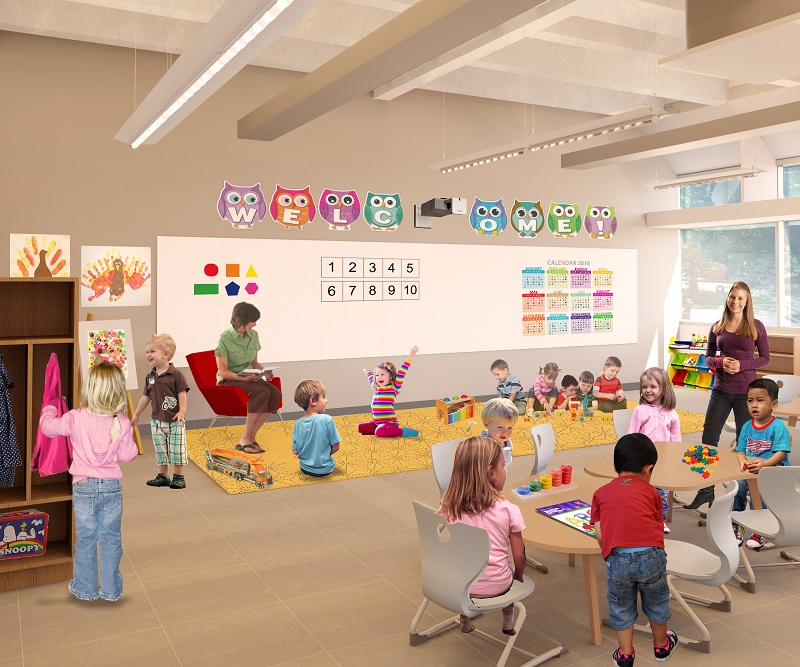The following article was written and sponsored by Sean Aiken of BASIS Independent McLean.
As the father of a young child and the founding Head of School at BASIS Independent McLean in Tysons, Va., I know firsthand how often parents ask themselves, “Is my child set up for success?” The key to laying the foundation for academic success is to ensure that preschoolers’ young, active minds are soaking up as much as possible. We want our kids to possess a joyful love of learning, and the best place to start is to expose their natural curiosity to as many kinds of thinking as possible.
Any good preschool will inspire and challenge your young learner, but there are many different ways to enhance their capacity to think critically and harness their creativity at home. I recently talked with Kate Briscoe, director of the Early Learning Program at our sister school, BASIS Independent Brooklyn, who shared five creative, easy activities for parents to do at home with preschoolers to keep the learning juices flowing:
MAKE CHECKING THE WEATHER A FAMILY RITUAL
When checking the weather becomes a regular routine with your child, you begin establishing any number of critical thinking skills: Categorization, cause and effect, variable conditions – the list goes on. “Keep a colorful chart to track and recognize days when the temperature gets colder and warmer and discuss why that might be happening. Is there a connection between clouds and weather? Are there clouds on sunny days? What about when it is raining?” Kate says. Take these observations and ask your child how they apply to specific actions. What clothes do we need today if it is snowing? What activities can we safely play outside?
PRACTICE WRITING IN DIFFERENT MEDIUMS
Let’s be honest, 4-year-olds like getting messy. “Put out a bowl of sugar and encourage them to practice writing numbers and letters, then have them try in shaving cream and rice. This helps students develop fine motor skills and is, of course, a ton of fun,” says Kate. “How does your finger feel when you move it through the sugar rather than the shaving cream or rice? What do you notice about the texture of the different materials (smooth and cool shaving cream versus bumpy rice versus grainy sugar)? Why does the shaving cream keep its shape?” Remember your compare and contrast essays in college? Same thing, but much gooier.
TURN BATH TIME INTO A SINK OR FLOAT EXPERIMENT
Kate shares, “At bath time, talk about which toys sink or float. How many objects can you put onto a floating toy before it sinks? Bonus points to the parents who use terms like buoyancy and gravity!” And I know some of us remember the old Letterman skit “Will It Float?,” so more adventurous parents may want to extend the game to other household items. Old veggies sitting in your crisper? Dad’s sandals? (Fair warning, if you play this game frequently, keep track of your cell phone!)
COOK WITH YOUR CHILD
There are so many learning experiences to be had through cooking: Measuring accurately with utensils of different sizes, working on numeracy and literacy, taste testing different foods for salty and sweet flavors and hypothesizing what happens when cookies are left in the oven too long (and why). Not only can you foster healthy food choices, but you plant images into your child’s memory that will help them quickly grasp states of matter, energy conversions and algebra later on. “If the recipe says we need three eggs, and we only have one, how many do we need to buy at the store?”
TURN HOUSEHOLD OBJECTS INTO PHYSICS EXPERIMENTS
You’d be surprised at how many different physics properties can be demonstrated with a yard stick and a few different balls. Show your preschooler how tilting the yardstick creates different slopes and affects how far balls will roll. What happens when you roll a marble versus a ping-pong ball? What happens when you roll the ball on a rug versus a smooth surface? Speed, acceleration, friction, inertia – these concepts aren’t scary the way they seem in most high schools, and your preschooler can prove it to you!
Sean Aiken is the founding Head of School of BASIS Independent McLean, a new preschool-grade 12 independent school located at 8000 Jones Branch Drive in Tysons Corner, VA. BASIS Independent Schools, located in New York City, Silicon Valley and now Northern VA offer a world-acclaimed, liberal arts, STEM-focused course of study. Learn more at mclean.basisindependent.com.


